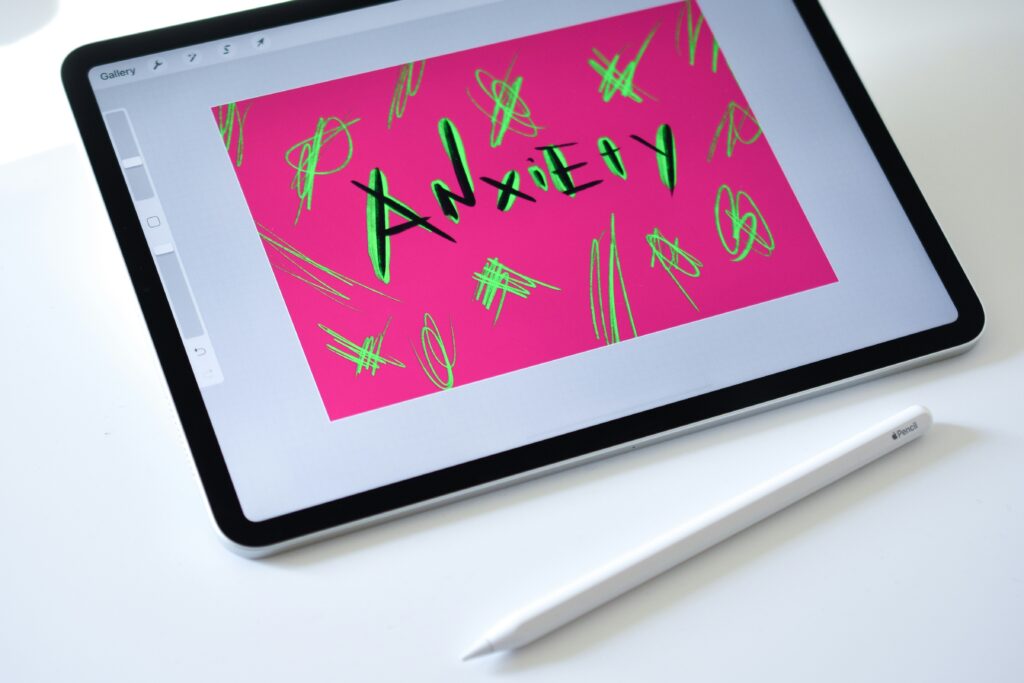In a world where technology is constantly evolving, one surprising development has caught the attention of industry experts and consumers alike – the rise of AI-powered virtual influencers. These digital personalities, created using artificial intelligence algorithms, are revolutionizing the influencer marketing landscape and raising questions about the future of brand partnerships.
With social media playing an increasingly dominant role in shaping consumer behavior, brands are constantly seeking new ways to engage with their audiences. AI virtual influencers offer a unique opportunity to reach consumers in a more personalized and dynamic way, without the limitations of human influencers.
According to research from Influencer Marketing Hub, virtual influencers are projected to generate $2 billion in annual revenue by 2025, indicating a growing acceptance and demand for these AI-driven personalities. Brands like Balenciaga and Calvin Klein have already embraced virtual influencers like Lil Miquela, who boasts millions of followers on Instagram.
However, some industry experts caution that virtual influencers may lack the authenticity and genuine connection that human influencers can provide. As Dr. Emily Smith, a social media researcher, explains, “Virtual influencers are programmed to appear flawless and aspirational, which can alienate some consumers who crave authenticity.”
Despite the potential drawbacks, the rise of AI virtual influencers reflects broader trends in how technology is reshaping the marketing landscape. As brands continue to navigate the evolving digital landscape, the success of virtual influencers underscores the importance of innovation and adaptability in engaging with consumers in the digital age.



